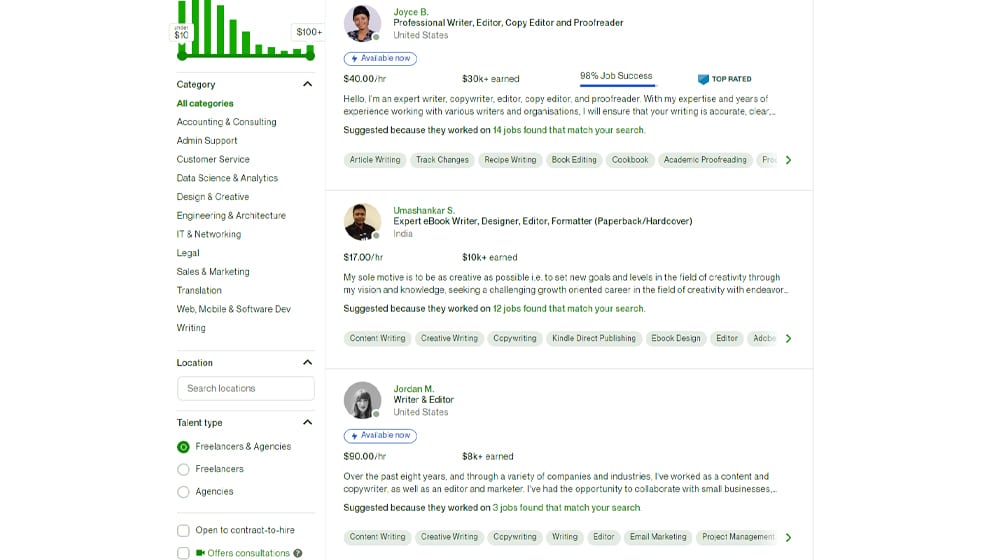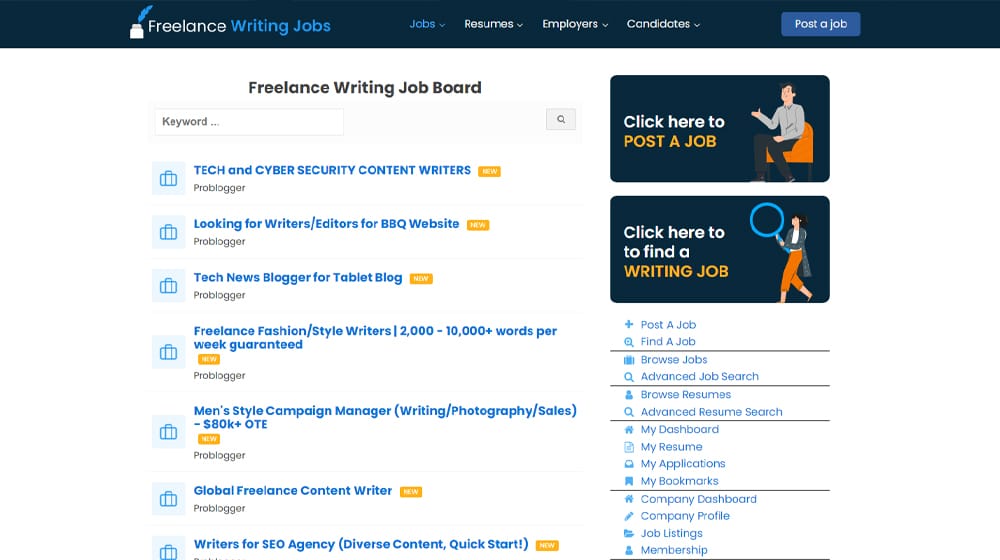Every kind of content you create, whether it's for traditional publication, the web in general, a blog, social media, or another venue, needs to be edited to polish it up to your standards. This includes short stories, which often have relatively tight word limits and need to be optimized to deliver their message in a short amount of space.
A professional editor can help polish up a short story and take something from a neat concept but poorly executed manuscript all the way to something worth publishing in magazines and story collections.
The process for hiring an editor for short stories is similar to the process used for any other kind of editor, but with a few unique considerations you might want to keep in mind.
How do you do it?
The first thing you need to do with any kind of editing is determine what kind of editing you need and the scope and scale of the services you should look for.

 Editing is generally broken down into four categories.
Editing is generally broken down into four categories.These categories are copyediting, line editing, content editing, and substantive or developmental editing.
Generally, as a short story writer, you're either going to be looking at copyediting or developmental editing. The two in the middle are often a kind of middle ground that doesn't quite meet your needs (they're more often used in technical writing, business writing, and other forms of action-focused marketing writing), so you aren't as likely to find editors in that realm.
Different writers have different perspectives on editing. If you're the kind of writer who views your vision as sacrosanct and inviolable, you're going to have a hard time effectively working with a developmental editor because you'll inherently resist their suggestions. On the other hand, if you want the opinion of a professional in the industry on how to improve your overall story, a copyeditor isn't going to have the insight you desire.
Once you've determined the kind of editing you want, it's time to look for editors you might pitch.
You can broadly break down your options into two groups: looking for editors and getting editors to find you.
When looking for editors, you're going out to places where editors are looking for work, evaluating them and their portfolios and skills, and pitching your opportunity to them.

There are a lot of different venues you can use here.
There are agencies you can pay to edit your content, but these are almost always going to be copyediting services. They aren't necessarily going to do much more than what an automated tool could do. That's fine if that's what you want, but you don't get to build a relationship with an editor, get inside industry information, or work with one editor on an ongoing basis.
On the other side of the coin, you canpost a job opportunity for an editor pretty much anywhere. Some of the best sites are places like People Per Hour or FlexJobs, where freelancers browse, looking for potential work. The tricky part is, unless you're regularly producing short stories, it's hard to justify a one-time editing gig as a true job, and many editors won't necessarily want to go through a whole application process for just one short job.
It's one thing to know where to look to find editors, but what do you look for to determine if an editor is right for you?
First, consider what kind of editing projects they tend to work on. An editor who usually does long-form work might not have the capacity to evaluate a short story in the right fashion. An editor who usually edits high fantasy stories might not have the experience or perspective to edit horror effectively or to maintain veracity through a historical fiction piece. If all you need is copyediting, this is all fine, but if you want more developmental editing, you want someone who works within your genre and style.
You might also want to look for an editor who is themselves a storyteller, a scholar of literary mechanics, or who has a degree in literary studies. This is, again, most relevant for developmental editing. Someone who is familiar with the tropes, the structures, and the themes you're covering is going to be more effective as an editor than someone who isn't familiar with the genre.
On a more technical level, you want an editor who is good at communication and is capable of expressing their feedback in concise, rationalized ways. You don't want someone who just runs your short story through a mechanical grammar checker and parrots back the advice the software gives them; you want someone who can consider context, who can communicate why they make the suggestions they do, and who can recognize when an "issue" is part of a theme or otherwise intentional.

From a purely pragmatic standpoint, you also want to check their resume and credentials. How many projects has this editor successfully completed? Have they worked with any big names in your genre, either authors or publishers? Do they have unique insights into the internal workings of a particular publication you were aiming to get into?
Finally, the price can be a factor as well. Editors have a variety of pricing options, but for short stories, they'll either charge per word, per project, or per hour. Know roughly what the going rate for the kind of editing you want is for the length of story you have to edit. Remember, a 5,000-word short story will be easier and shorter to edit than a 20,000-word novella. Be prepared to pay a reasonable fee; you get what you pay for in editing, especially in developmental editing.
Unlike hiring editors for other recurring projects like blog posts, you don't really have the need or opportunity to issue an editor an editing test for a short story. For longer shorts, you may want to start with the first few pages and see what their feedback is; otherwise, it's kind of an all-or-nothing project, and wasting time and money on a test project just delays being able to get your actual story edited.
Once you've picked an editor, or a handful of potential editors, pitch your project. Be clear about what kind of editing you want, what kind of timeline you're working on, the genre, style, and length of your piece, and even the publications you're looking to get into. All of this information can tell a professional editor whether or not they want to work with you.

Be prepared for rejection. As writers, we're used to being rejected, but sometimes it can be a blow to morale to offer to pay someone to edit your piece and have them decline. It's not personal; editors are often working with a full roster of clients, and they might not have space in their timetable to work with you in your deadline period.
The finale of the process is to negotiate the terms of the deal. Even if you're just having a single story edited, it's usually a good idea to have a contract.
As I'm fond of saying, a good contract is invisible. Neither side, in a successful professional relationship, will ever need to fall back on the terms of the contract. But there are plenty of people out there who can take advantage of a situation, and a contract provides a fallback in case you need to get aggressive about services rendered, or worse.

Many editors already have a standard contract or a contract template they customize for their clients. If they don't, you'll need to develop one yourself or in conjunction with the editor. Either way, make sure to pin down terms like deadlines, expectations, responsibilities, and pay rates in the contract.
Once you've both signed the contract, you're good to go! Give the editor your manuscript, get their feedback, and work with them to improve the quality of your short story. From there, all you have to do is the hard part: querying publications and working to get your content published.

If you're looking for talented editors, why not check out my job board? It's mostly focused on writing, writers, and the clients who hire them, but there's always a role for editors in the writing game. Writers can post job opportunities looking for editors, editors can post their open slots in their roster, and businesses or publications can even hire editors to work on their staff. Anything you could want can be found on my job board once you create it. All you need to do is click here to get started! Or, if you're looking to learn more about the rest of the industry, I've been producing a slate of various guides for hiring writers and editors you can check out.